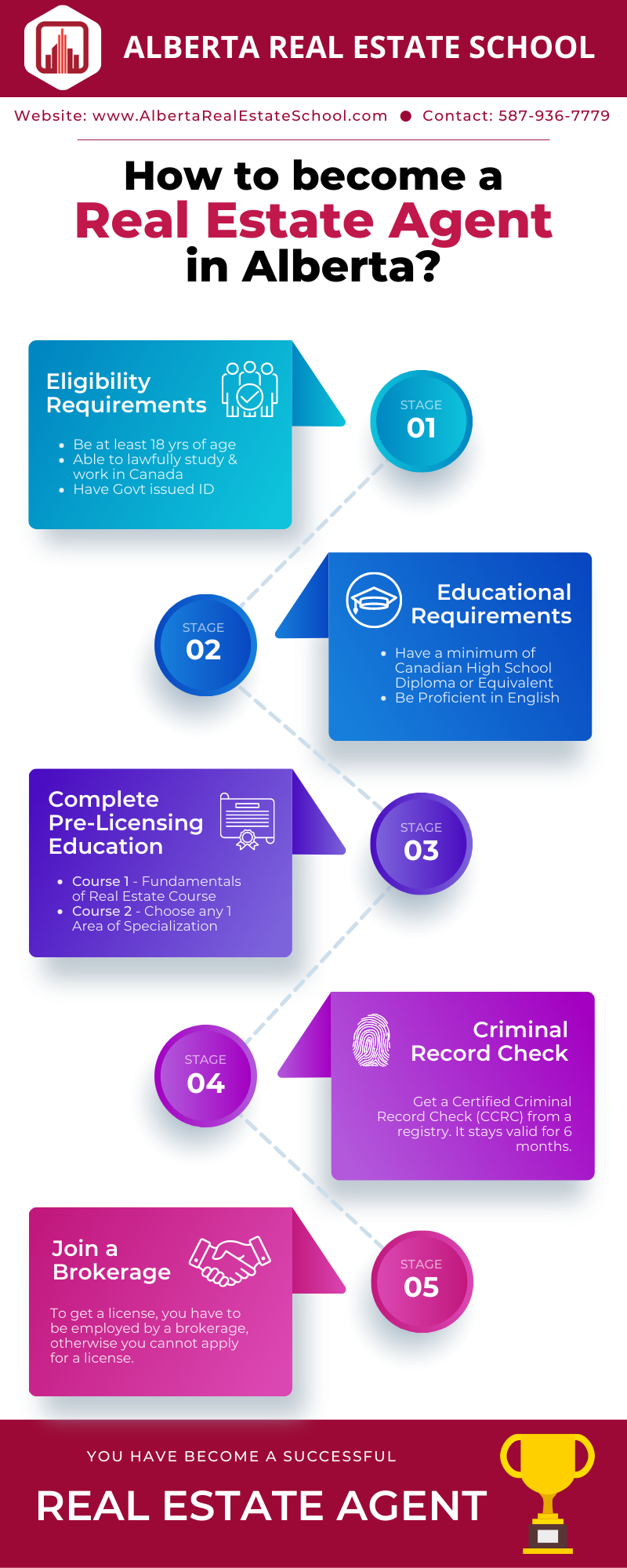
Many people ask the question "How long should I stay in my house before selling it," especially first-time homeowners and those who are looking to sell. It depends on many factors such as how much equity you have in your home, market value, closing costs, and other factors.
How Long to Own a House Before Selling
When you buy a home, you are investing your hard-earned money in a property that will be your main residence for a certain amount of time. This investment has the goal to gain equity and a return on your money. When you sell your home, you will also make a profit.
According to the National Association of Realtors (NAR), homeowners typically stay in their home for about 10 years before selling it. This is an acceptable amount of time to remain in your house before you decide to move on.
This rule is not always easy to keep in mind when life changes occur that alter your lifestyle. These events can be job changes, family emergencies, or simply the desire to downsize.

The decision to purchase a new home is often a stressful one that can have a negative impact on your finances, lifestyle, and even your overall health. It's important to consider all the aspects of the process before you make a final decision.
How long you can stay in your house before it is sold?
You will have to pay various fees and expenses when you sell your home. These fees are called closing costs and can amount to as much as 5-6% of the sale price. Additionally, capital gains tax may be required if your house is being sold after more than two year.
These fees can be expensive and may negatively impact your profits. Consider the cost for a home inspection, as well as any pre-sale preparations like painting or landscaping.
What is the best time to sell your home before you move?
You should wait as long as you can to sell your home before moving. This can help you save money on closing costs, capital gains taxes, and mortgage prepayment penalties.
Before you decide whether you want to sell your house, consult a tax professional. This will ensure you are making the right financial decisions for your circumstances.

How Long to Live in Your Condo Before Selling
You probably know this if you are a homeowner. If your mortgage term ends before your property is sold, you will likely pay more interest than what you make from the sale. Because your first few years of mortgage payments are based upon the interest rate, not the principal, this is a problem. This is why many people recommend that you wait to sell your home until after you have owned it for at least five years.
There are certain circumstances that might force you from your home sooner then expected. These situations can include an unexpected job change, a family emergency or simply a desire to downsize.
FAQ
What are the three most important factors when buying a house?
Location, price and size are the three most important aspects to consider when purchasing any type of home. Location refers the area you desire to live. Price refers how much you're willing or able to pay to purchase the property. Size is the amount of space you require.
How much money do I need to save before buying a home?
It depends on how long you plan to live there. You should start saving now if you plan to stay at least five years. You don't have too much to worry about if you plan on moving in the next two years.
How do I eliminate termites and other pests?
Termites and many other pests can cause serious damage to your home. They can cause serious damage to wood structures like decks or furniture. This can be prevented by having a professional pest controller inspect your home.
How do I calculate my interest rates?
Market conditions influence the market and interest rates can change daily. In the last week, the average interest rate was 4.39%. Divide the length of your loan by the interest rates to calculate your interest rate. For example, if you finance $200,000 over 20 years at 5% per year, your interest rate is 0.05 x 20 1%, which equals ten basis points.
What are the pros and cons of a fixed-rate loan?
Fixed-rate mortgages guarantee that the interest rate will remain the same for the duration of the loan. This will ensure that there are no rising interest rates. Fixed-rate loans have lower monthly payments, because they are locked in for a specific term.
What are the downsides to a fixed-rate loan?
Fixed-rate loans tend to carry higher initial costs than adjustable-rate mortgages. If you decide to sell your house before the term ends, the difference between the sale price of your home and the outstanding balance could result in a significant loss.
Statistics
- Some experts hypothesize that rates will hit five percent by the second half of 2018, but there has been no official confirmation one way or the other. (fortunebuilders.com)
- Over the past year, mortgage rates have hovered between 3.9 and 4.5 percent—a less significant increase. (fortunebuilders.com)
- 10 years ago, homeownership was nearly 70%. (fortunebuilders.com)
- It's possible to get approved for an FHA loan with a credit score as low as 580 and a down payment of 3.5% or a credit score as low as 500 and a 10% down payment.5 Specialty mortgage loans are loans that don't fit into the conventional or FHA loan categories. (investopedia.com)
- This seems to be a more popular trend as the U.S. Census Bureau reports the homeownership rate was around 65% last year. (fortunebuilders.com)
External Links
How To
How to Locate Houses for Rent
Renting houses is one of the most popular tasks for anyone who wants to move. It may take time to find the right house. When it comes to choosing a property, there are many factors you should consider. These factors include size, amenities, price range, location and many others.
It is important to start searching for properties early in order to get the best deal. For recommendations, you can also ask family members, landlords and real estate agents as well as property managers. This way, you'll have plenty of options to choose from.